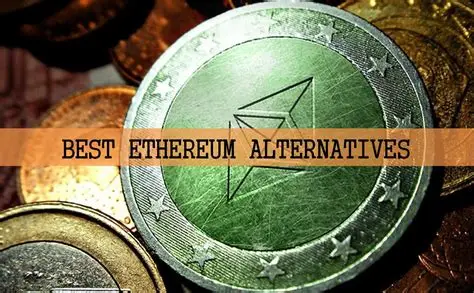In this article, I will outline alternatives to Ethereum for smart contract development, with emphasis on platforms which offer faster transactions, lower fees, and reduced KYC requirements.
With Ethereum currently experiencing both scaling and cost issues, developers have begun exploring decentralized application networks such as Solana, Cardano Polkadot Avalanche BNB Chain Fantom Arbitrum as solutions that offer efficient decentralized application deployment (dApp deployment).
Key Point & Alternatives to Ethereum for Smart Contract Development List
| Blockchain | Key Point |
|---|---|
| Solana | Ultra-fast transactions with low fees using Proof of History |
| Cardano | Research-driven blockchain with a focus on formal methods |
| Polkadot | Enables interoperability through its parachain architecture |
| Avalanche | Supports custom blockchains via scalable subnets |
| BNB Chain | EVM-compatible chain backed by Binance for CeDeFi growth |
| Fantom | High-speed, low-cost DAG-based platform for DeFi |
| Arbitrum | Scales Ethereum using optimistic rollups with low gas fees |
1.Solana
Solana stands out as an attractive alternative to Ethereum for smart contract development due to its exceptional transaction speed and low fees, enabled by its unique Proof of History (PoH) mechanism.
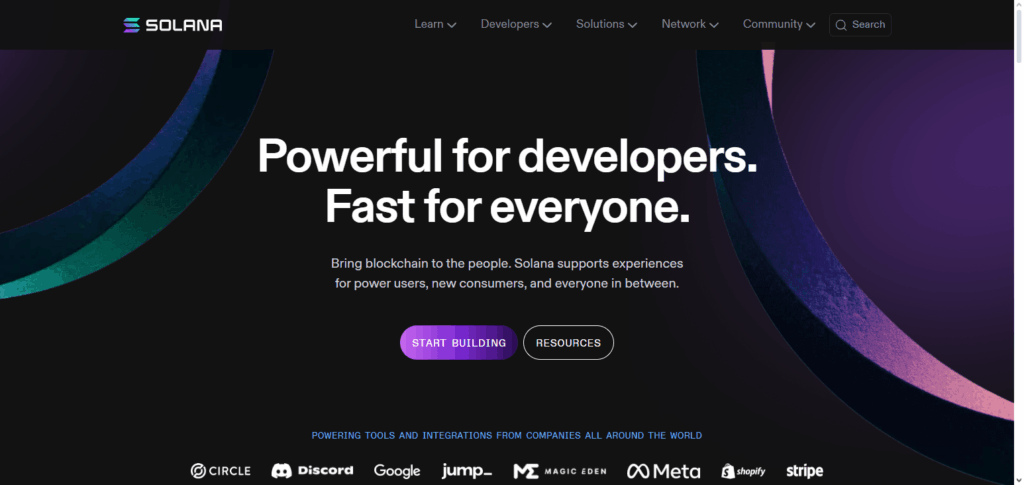
While Ethereum’s network can become congested and expensive over time, Solana processes thousands of transactions per second with minimal latency – offering developers creating scalable dApps a smoother experience.
Designed specifically to support high performance smart contracts it makes Solana ideal for real time applications such as DeFi protocols, gaming platforms, and NFT marketplaces.
| Feature | Solana |
|---|---|
| KYC Requirement | Minimal (depends on dApp, not the network itself) |
| Smart Contract Support | Yes (via Rust and Solang for Solidity compatibility) |
| Consensus Mechanism | Proof of History + Proof of Stake |
| Transaction Speed (TPS) | ~65,000+ |
| Average Transaction Fee | Less than $0.01 |
| EVM Compatibility | Not native (via Solang, Neon EVM) |
| Developer Ecosystem | Active, growing, strong support from Solana Foundation |
| Use Cases | DeFi, NFTs, gaming, payments |
| Main Advantage | High throughput and ultra-low fees without compromising decentralization |
| Best For | Scalable dApps with minimal fee structure and low KYC barriers |
2.Cardano
Cardano is a standout alternative to Ethereum for developing smart contracts because of its focus on peer-reviewed and formal verification research. It is built using the Haskell programming language and the Cardano Plutus smart contracts platform allows developers to create secure and mathematically validated code, thus reducing the vulnerability.

This approach to science is appealing to projects that focus on security and reliability as well as regulatory compliance. By segregating computation from settlement layer, Cardano also enhances scalability and provides a more streamlined and predictable platform for developing financial systems and applications that are not centralized.
| Feature | Cardano |
|---|---|
| KYC Requirement | Minimal (network-level KYC not required; dApp-dependent) |
| Smart Contract Support | Yes (via Plutus and Marlowe) |
| Consensus Mechanism | Ouroboros Proof of Stake |
| Transaction Speed (TPS) | ~250 |
| Average Transaction Fee | Low (~$0.15 average) |
| EVM Compatibility | No (requires translation or external bridge solutions) |
| Developer Ecosystem | Research-driven, focused on security and sustainability |
| Use Cases | Identity, DeFi, education, governance |
| Main Advantage | Formal verification for highly secure smart contracts |
| Best For | Regulatory-conscious apps needing security with low KYC environments |
3.Polkadot
Polkadot is a distinct alternative to Ethereum for the development of smart contracts by enabling real interoperability via its parachain structure. Instead of relying solely on one network, Polkadot integrates several specialized blockchains that allow developers to develop specific smart contracts for their domain that seamlessly communicate across networks.

The modular structure increases capacity, reduces congestion and allows for greater customization. Developers can benefit from shared security while maintaining their autonomy and flexibility, which makes Polkadot the ideal choice for complex, multi-chain systems which require scalable and flexible intelligent contract implementation.
| Feature | Polkadot |
|---|---|
| KYC Requirement | Minimal (KYC depends on individual parachains, not the core network) |
| Smart Contract Support | Yes (via parachains like Moonbeam and Astar) |
| Consensus Mechanism | Nominated Proof of Stake (NPoS) |
| Transaction Speed (TPS) | ~1,000+ (scalable via parachains) |
| Average Transaction Fee | Low (~$0.01 or less, varies by parachain) |
| EVM Compatibility | Yes (through Moonbeam parachain) |
| Developer Ecosystem | Modular, with strong support for custom blockchain development |
| Use Cases | Interoperable dApps, DeFi, bridges, multichain apps |
| Main Advantage | Interoperability and scalability through parachain architecture |
| Best For | Cross-chain dApps with minimal KYC needs and flexible infrastructure |
4.Avalanche
Avalanche can be a powerful option to Ethereum for the development of smart contracts due to its programmable subnet design. This allows developers to create dedicated blockchains that are tailored to specific applications, providing better ability to control performance, security and conformity.
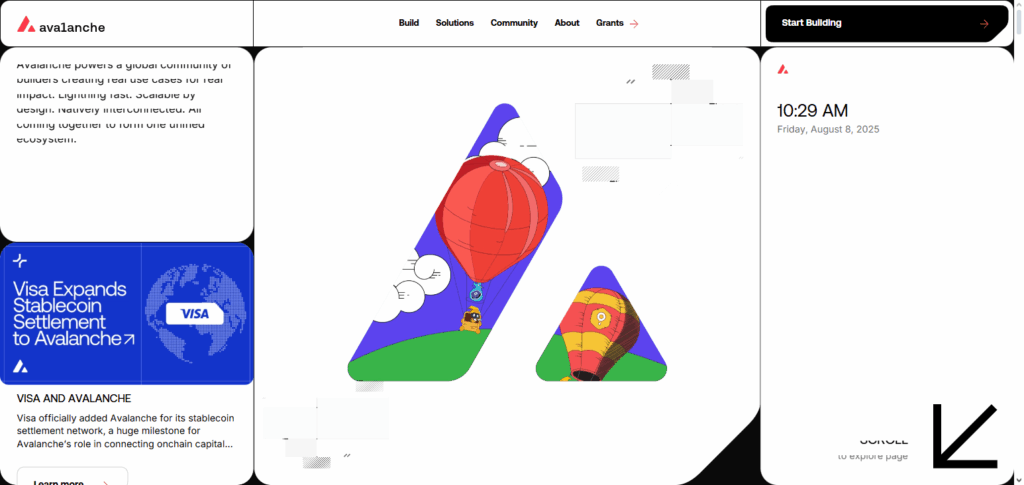
In contrast to Ethereum’s shared environment Avalanche’s architecture reduces the amount of congestion and allows for a high rate of throughput with fast-to-completeness. Its integration with Ethereum’s tooling facilitates migration, making it an ideal choice for developers who want flexible solutions that are scalable without sacrificing flexibility or decentralization within its smart contracts infrastructure.
| Feature | Avalanche |
|---|---|
| KYC Requirement | Minimal (network-level KYC not required; dApp-specific) |
| Smart Contract Support | Yes (on C-Chain, fully supports Solidity) |
| Consensus Mechanism | Avalanche Consensus + Proof of Stake |
| Transaction Speed (TPS) | ~4,500+ |
| Average Transaction Fee | Low (~$0.01–$0.30 depending on network activity) |
| EVM Compatibility | Yes (C-Chain is EVM-compatible) |
| Developer Ecosystem | Strong, supports custom subnets and institutional-grade dApps |
| Use Cases | DeFi, enterprise, gaming, asset issuance |
| Main Advantage | Customizable subnets and high-speed EVM-compatible environment |
| Best For | Scalable smart contracts with flexible compliance and low KYC barriers |
5.BNB Chain
BNB Chain presents a practical alternative to Ethereum to develop smart contracts by providing fast and low-cost transactions inside an EVM-compliant framework. Its primary benefit is the combination of scalability and accessibility, allowing developers to create Ethereum-based smart contract with little modifications.
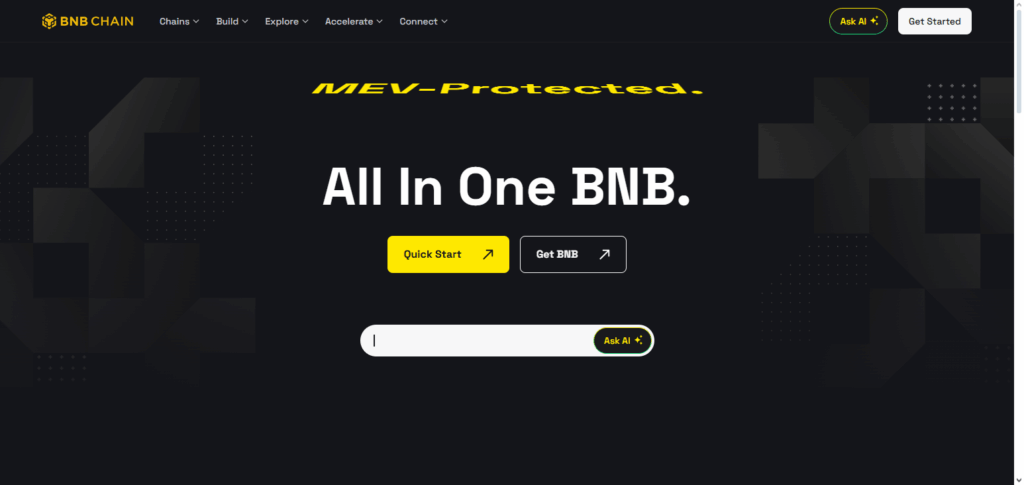
Supported by Binance and Binance, it offers strong infrastructure support as well as liquidity access which makes it a great choice for token projects and DeFi. The dual-chain structure of the network increases efficiency, allowing applications that require high frequency to run efficiently, without the limitations that are seen on Ethereum.
| Feature | BNB Chain |
|---|---|
| KYC Requirement | Minimal (no KYC at network level; depends on individual dApps) |
| Smart Contract Support | Yes (fully supports Solidity-based contracts) |
| Consensus Mechanism | Proof of Staked Authority (PoSA) |
| Transaction Speed (TPS) | ~2,000+ |
| Average Transaction Fee | Very low (~$0.01) |
| EVM Compatibility | Yes |
| Developer Ecosystem | Large, Binance-supported with extensive tooling and liquidity |
| Use Cases | DeFi, tokens, NFTs, gaming, CeDeFi |
| Main Advantage | Fast, low-cost smart contract deployment with wide user base |
| Best For | High-volume dApps needing speed, affordability, and minimal KYC |
6.Fantom
Fantom is a viable alternative to Ethereum for developing smart contracts because it uses the Lachesis consensus protocol that offers rapid finality as well as high speed. The unique DAG-based architecture of Fantom permits transactions to be processed asynchronously, which reduces network congestion and providing fast execution.
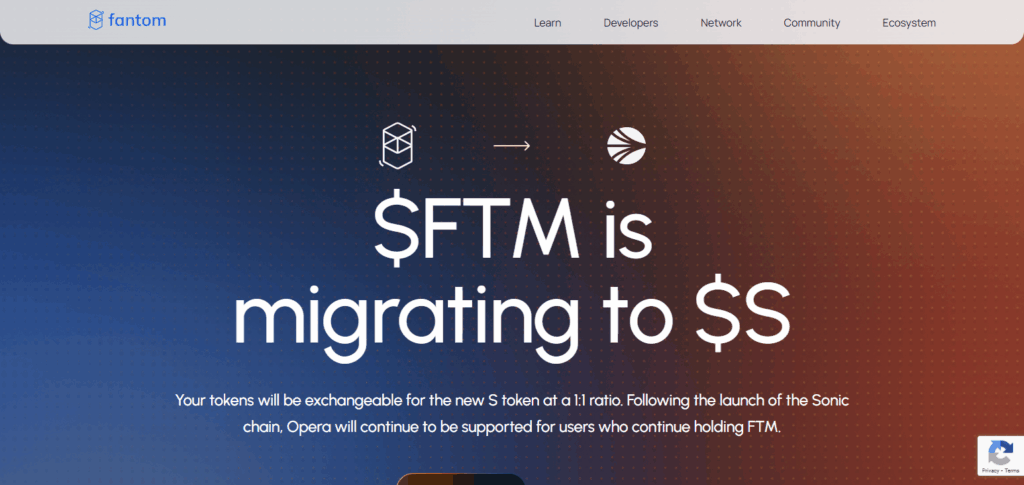
This is what makes Fantom perfect as a real-time platform for DeFi products and applications that need speed and effectiveness. Furthermore it supports EVM, which allows for simple migration for Ethereum developers looking for better performance, but without sacrificing tools or developer comfort.
| Feature | Fantom |
|---|---|
| KYC Requirement | Minimal (network does not enforce KYC; depends on individual dApps) |
| Smart Contract Support | Yes (fully supports Solidity on Opera Chain) |
| Consensus Mechanism | Lachesis (aBFT Proof of Stake) |
| Transaction Speed (TPS) | ~10,000+ |
| Average Transaction Fee | Very low (fractions of a cent) |
| EVM Compatibility | Yes |
| Developer Ecosystem | Growing, with strong DeFi presence and user-friendly tools |
| Use Cases | DeFi, real-time apps, payments, tools |
| Main Advantage | High-speed, ultra-low-cost execution with DAG-based efficiency |
| Best For | Real-time smart contracts with minimal KYC and high performance needs |
7.Arbitrum
Arbitrum is a standout alternative to Ethereum to develop smart contracts by providing Layer 2 scalability with positive rollups. Its main strengths lie in drastically reducing expenses for gas while preserving the security of Ethereum.
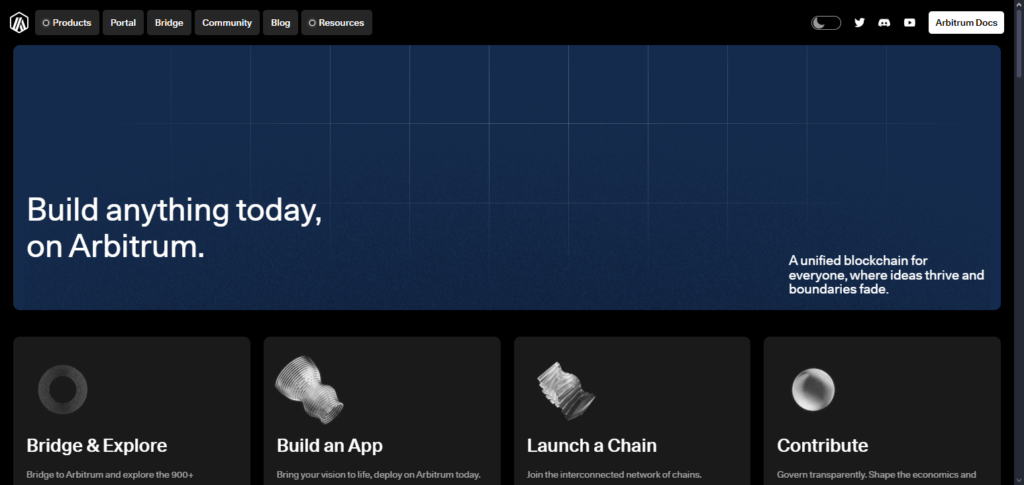
Developers can create sophisticated dApps, with more rapid transaction processing and less charges, making it ideal for highly-demand DeFi or gaming systems. Arbitrum’s seamless integration with Ethereum tools allows for easy deployment of code, allowing an easy way of scaling applications without having to leave in the Ethereum ecosystem.
| Feature | Arbitrum |
|---|---|
| KYC Requirement | Minimal (no KYC at protocol level; dApp-specific) |
| Smart Contract Support | Yes (fully supports Ethereum-compatible smart contracts) |
| Consensus Mechanism | Ethereum Layer 2 (Optimistic Rollup) |
| Transaction Speed (TPS) | ~40,000 (Layer 2 throughput) |
| Average Transaction Fee | Very low (typically <$0.10) |
| EVM Compatibility | Yes (native compatibility) |
| Developer Ecosystem | Extensive, with wide adoption among Ethereum-based dApps |
| Use Cases | DeFi, NFTs, gaming, scalable Ethereum apps |
| Main Advantage | Scales Ethereum with low fees while preserving security |
| Best For | Ethereum developers seeking low-cost, scalable, minimal-KYC solutions |
Conclusion
In the end, the increasing demand for scalable, effective and affordable blockchain-based smart contracts has resulted in the rise of many viable alternative to Ethereum. Blockchains such as Solana, Cardano, Polkadot, Avalanche, BNB Chain, Fantom, and Arbitrum each offer unique innovation, from high-speed consensus mechanisms, to interoperable structures and custom subnets.
These platforms take advantage of Ethereum’s weaknesses while retaining the capabilities of smart contracts, giving developers multiple environments to develop new-generation applications that are that are tailored to various use cases requirements, performance requirements, and regulations.
FAQ
Why consider alternatives to Ethereum for smart contract development?
Ethereum faces challenges like high gas fees and network congestion. Alternatives offer better scalability, faster transactions, and lower costs while maintaining smart contract functionality.
Which blockchains are the best alternatives to Ethereum?
Top alternatives include Solana, Cardano, Polkadot, Avalanche, BNB Chain, Fantom, and Arbitrum—each offering unique advantages in speed, scalability, or interoperability.
Are these alternatives compatible with Ethereum smart contracts?
Yes, platforms like BNB Chain, Fantom, Avalanche, and Arbitrum are EVM-compatible, allowing developers to migrate or reuse Ethereum smart contracts with minimal changes.


